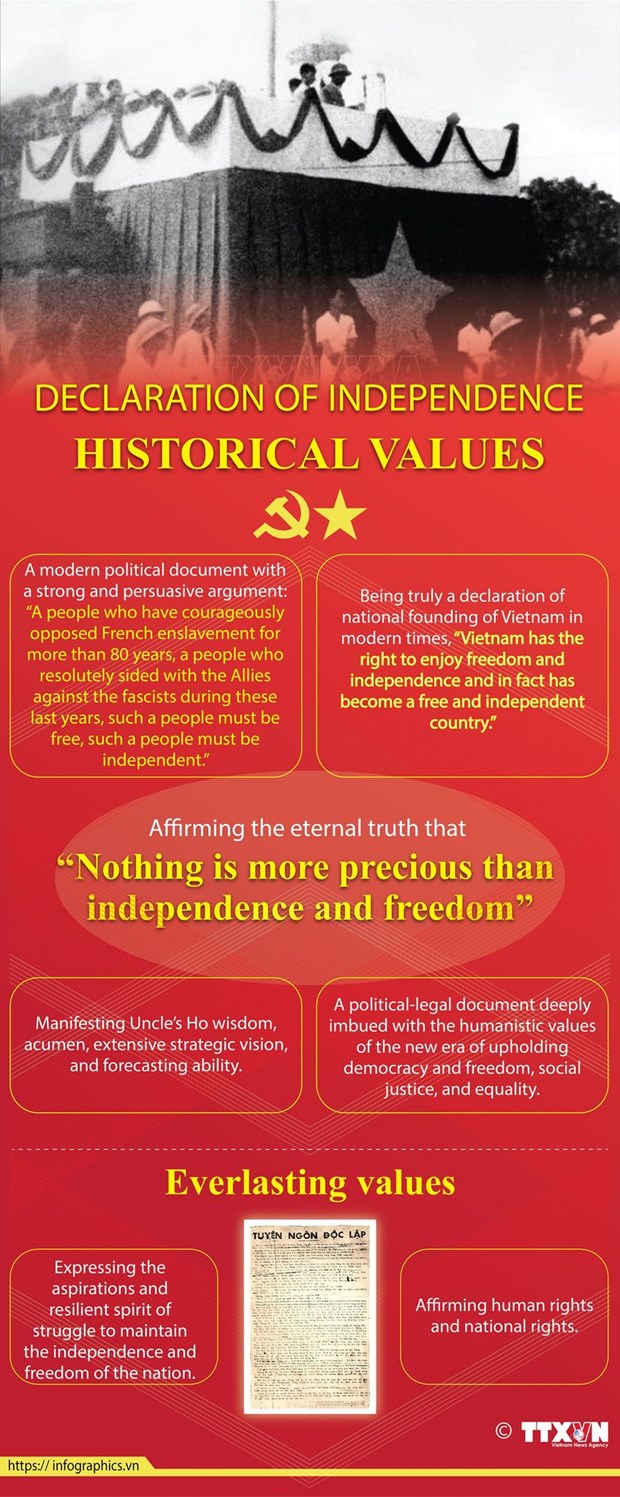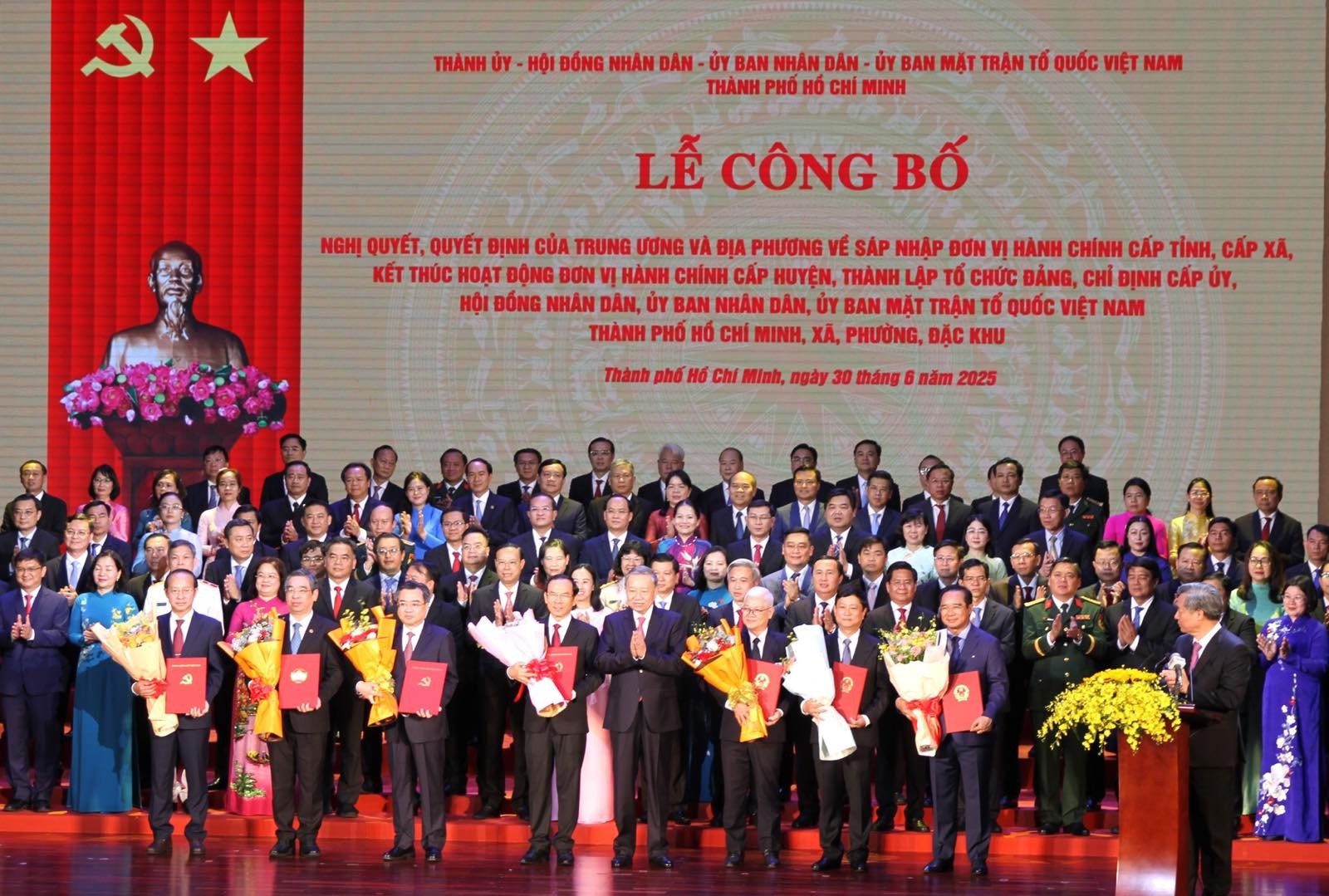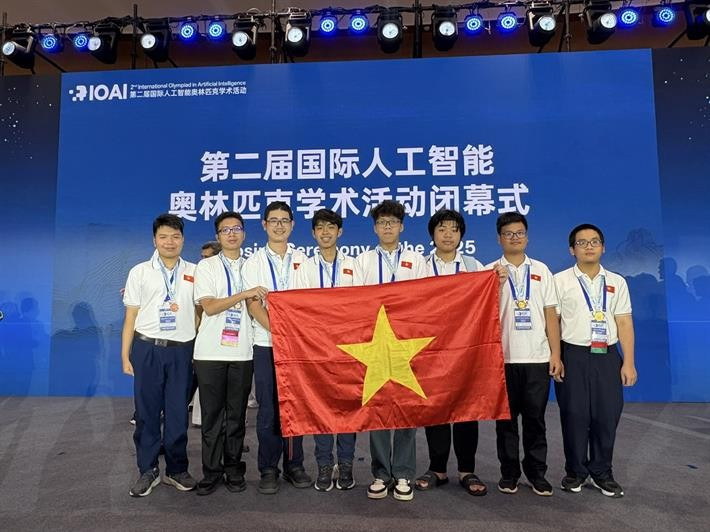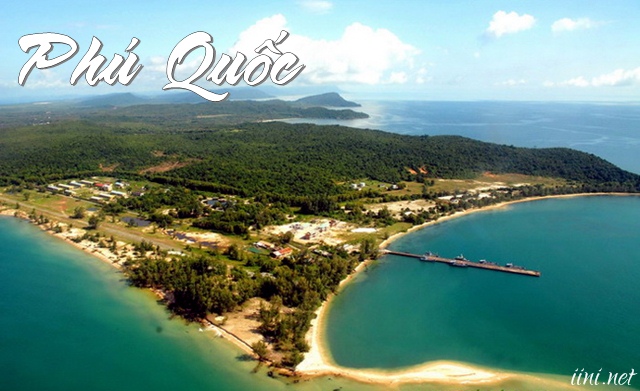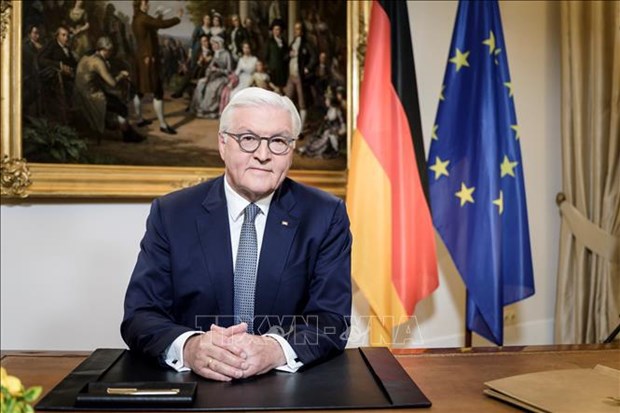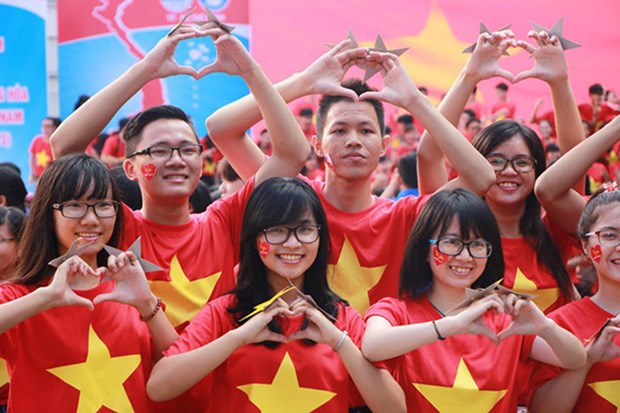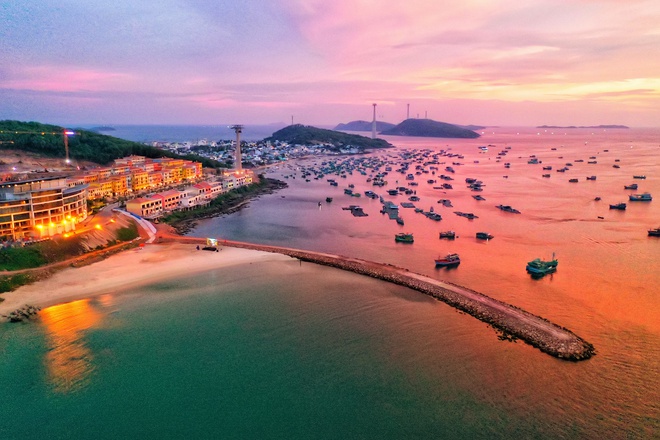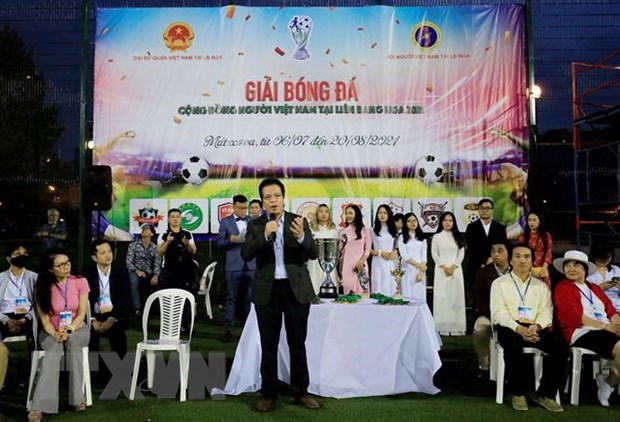The Declaration was the work that reflects President Ho Chi Minh’s philosophical, political and even human points of view most fully and deeply, as well as containing the values of human civilisation.
In this document, the late President affirmed that national rights and human rights have a dialectical relation.
The Declaration was not only a declaration of independence of the Vietnamese people but also a declaration of human rights and the rights of colonial nations. President Ho Chi Minh's elevation of human rights to national rights was his contribution to the treasure of human rights ideology.
The Declaration of Independence is a solid legal basis that strongly affirms the national sovereignty of the Vietnamese people to the whole world; laying the foundation for the establishment of a rule-of-law state with the goal of independence, freedom and happiness; and illuminating Vietnam's revolutionary path in the cause of building a socialist rule-of-law state of the people, by the people and for the people, for the sake of wealthy people, strong country, democracy, justice and civilisation.
Seventy-five years have passed, President Ho Chi Minh's views and thoughts on human rights, national rights, aspirations and resilience to maintain independence and freedom shown in the Declaration still remain topical and significant to the nation building and safeguarding cause at present.
Since then, the Vietnamese people have constantly strived for human rights and achieved many positive and important results. Human rights, civil rights in political, civil, economic, cultural and social fields are recognised, respected, protected and guaranteed in accordance with the Constitution and laws. With its achievements in ensuring human rights, Vietnam was elected as a member of the United Nations Human Rights Council in the 2014-2016 term.
Years will pass, but the spirit of the Declaration of Independence that gave birth to the Democratic Republic of Vietnam will always live on in the hearts of generations of Vietnamese people./.

